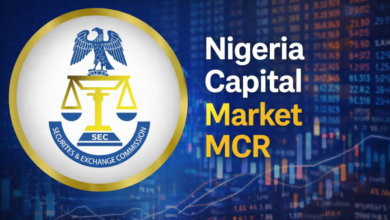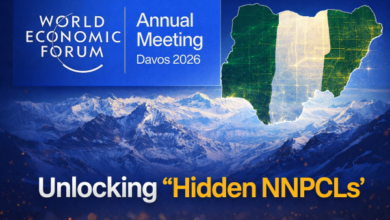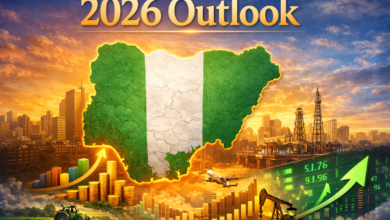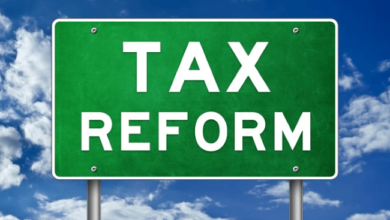G-24 urges urgent attention to address economic crisis
 The Intergovernmental Group of Twenty Four (G-24), has called for urgent attention to address the compounding economic crisis.
The Intergovernmental Group of Twenty Four (G-24), has called for urgent attention to address the compounding economic crisis.
The G-24 made the call in a statement issued by the International Monetary Fund (IMF’s) Press Centre on Thursday.
The group said although the COVID-19 pandemic was subsiding, “there is still no calm after the storm’’.
It said the global economic outlook had severely darkened as multiple compounding crises unfold and global growth was slowing.
The group said poverty, hunger, water scarcity, cost of living pressures and food and energy insecurity had increased alarmingly, deepening the existing challenges in the global economy and exacerbating vulnerabilities in fragile states.
Alvaro González Ricci, Governor of the Bank of Guatemala and Chair of the Group of 24 countries, which gathered this week to discuss responses to the situation,said, “it is clear there will be no calm after the COVID storm’’.
“Financial conditions are worsening. Policymakers, especially in advanced economies, have rapidly moved to curb higher-than-expected inflation by tightening monetary policy with sharp and repeated increases in interest rates.
“This brings currency depreciations and large capital outflows in Emerging Markets and Developing Economies (EMDEs).’’
González said that the war in Ukraine compounded the inflation problem by reducing global food supplies, and sparking energy and fertiliser shortages.
He said that the development had also disproportionately harmed vulnerable economies and the poor, while adding significantly to fiscal and economic pressures.
According to him, a recession will intensify these challenges on all fronts and raises the need to ensure adequate lending resources are available.
The G-24 members urged central banks to coordinate inflation responses to avoid adverse economic spill overs on EMDEs.
The group discussed concerns that international financial institutions had already stretched their lending to manage COVID and may not be prepared to respond to the present mix of compounding crises.
“Warning lights are flashing and we must urge proactive efforts to expand their lending resources to support a more difficult recovery,” González said.
The G-24 members called for scaled-up support, including adequate emergency financing from the IMF, the World Bank Group and other international financial institutions.
The group said this would help provide timely and adequate liquidity support and development financing, particularly for lower-income countries and fragile economies.
The G-24 called for the timely completion of the IMF’s 16th General Review of Quotas to increase the IMF’s quota resources, which would reduce its dependence on borrowed resources and boost its lending capacity in times of crisis.
The group urged correcting the regressive and procyclical character of the IMF’s surcharge policy.
The G-24 also asked the World Bank and other multilateral development banks to take steps sooner than later to manage risks and leverage their capital more effectively.
The group said this should be done while exploring how to increase lending capacity through capital increases or other options.
G-24 Member Countries are Algeria, Argentina, Brazil, Colombia, Côte d’Ivoire, Democratic Republic of Congo, Ecuador, Egypt, Ethiopia, Gabon, Ghana, Guatemala, Haiti, India, Iran, Kenya, Lebanon, Mexico, Morocco, and Nigeria.
Others are Pakistan, Peru, Philippines, South Africa, Sri Lanka, Syria, Trinidad and Tobago, Venezuela, and China as a special invitee.












